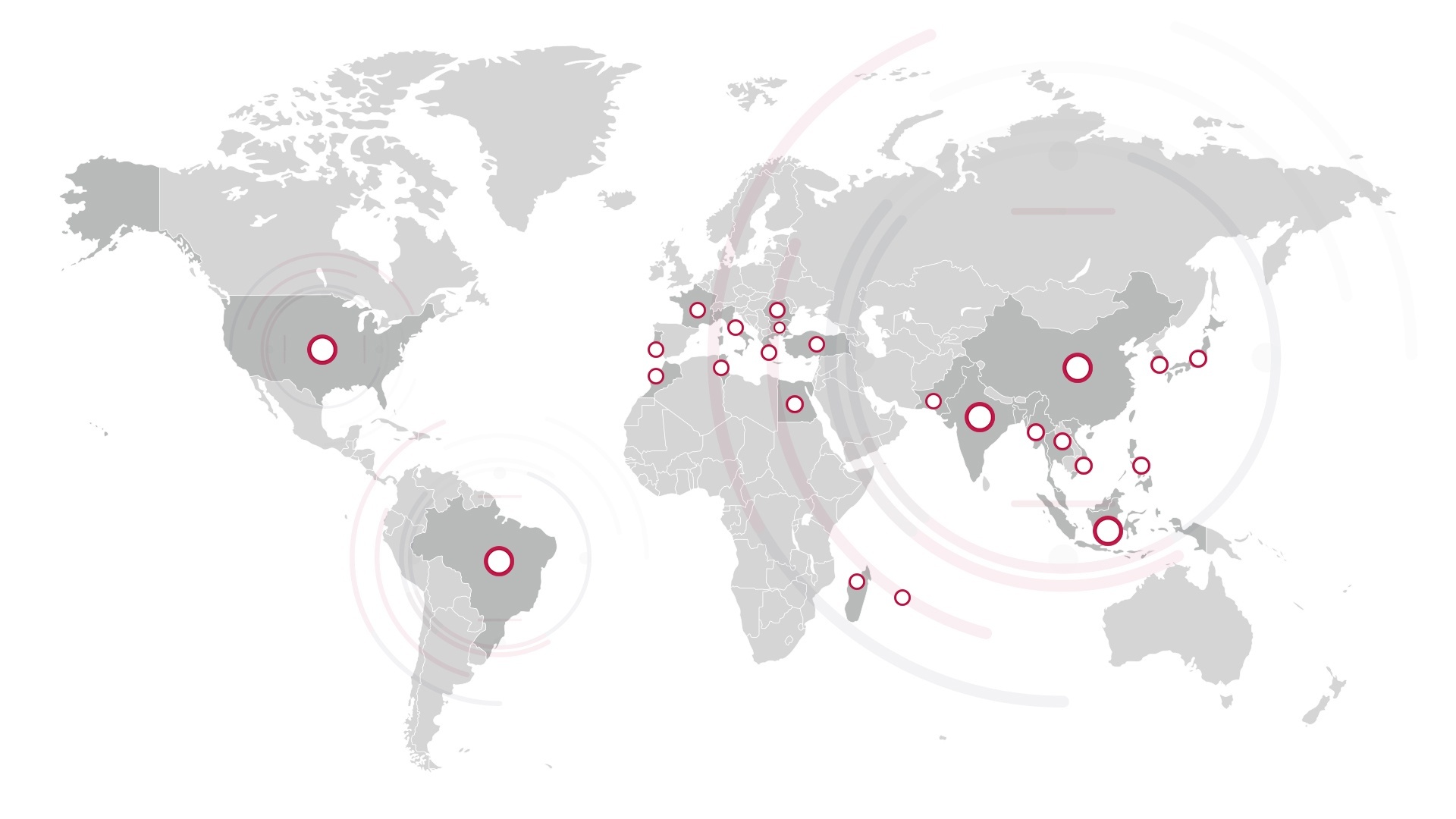Fashion brands and retailers naturally work with a multitude of suppliers, which can number in the thousands for larger brands. Brands are expected to navigate and keep control of this complex and fast-moving situation while continuing to deliver safe and quality products to their customers. While it’s easy to think of individual suppliers as little more than a transactional necessity and a single part of a bigger picture, this limited view can cause brands to miss out on the benefits that the more reliable and advanced suppliers can offer.
Many fashion brands and retailers are now looking for ways to empower their suppliers, but this can be challenging to accomplish. While achieving open communication across the entire supply chain is an important part of buyer and supplier collaboration, this is only the first step. Truly empowered suppliers will ultimately take ownership of product quality and feel they can share their ideas and make decisions and recommendations.
Some of the more common challenges faced by fashion brands and retailers that are looking to empower their suppliers include:
- Easy to say, but not to do
- Time-consuming
- Empowerment is based on trust but needs a system for monitoring
- Reluctance from some factories
- Unclear quality liability
How to begin empowering your suppliers
To effectively empower your suppliers, it’s advised that you establish and maintain direct contact with them rather than using intermediaries that can complicate things. You will also need to consider which of your suppliers can be successfully empowered, which requires a clear understanding of your supply chain. Those most likely to align with your expectations will be the more strategic and trusted suppliers that demonstrate a long-term perspective. These are usually factories with a solid QMS and with whom there’s already fluid communication, a solid investment, and projects indicating growth.
You can begin by asking some simple questions:
- Are you working directly with manufacturers or through agents?
- Do you have top factories that you work with?
- Do you have long-term partners?
- Do you have a stable sourcing strategy? Or do you shift countries frequently?
- Do you create partnerships with your manufacturers?
- What incentives will you bring to the factory? Will you bring more orders?
Before launching a supplier empowerment program, it’s important to make the suppliers understand the benefits for them, which, among others, may include:
- Less external control
- Cost savings
- Improved quality processes and production output
- Improved partnerships with customers that can result in more orders
How to implement an effective supplier empowerment program
Empowering suppliers also offers significant benefits to fashion brands and retailers. It allows for better resource optimization, going further upstream, and doing more quality assurance, ultimately reducing costs and allocating budget to areas of risk. The ultimate goal is to replace third-party inspections by shifting quality ownership to the suppliers. This would increase efficiency and ensure continuity, even during disruptions like those experienced in the last couple of years.
Fashion brands and retailers with a solid quality management team can put all this into practice internally, allocating time and resources to train and monitor their selected suppliers. However, this is a time-consuming process that requires constant follow-up and a comprehensive effort. Continuous monitoring is also necessary to ensure that factories are qualified and maintain the expected quality standards.
A valuable option would be to employ a qualified third party that can take charge of the program instead of allocating it to an internal team.
At SgT, we support our clients’ supplier empowerment strategies as part of our global risk-based approach. Our 7-step Factory Certified Auditor Program is designed to empower the best-performing suppliers to perform their own inspections. The program covers:
- Program introduction to vendors
- On-site assessment
- Validation and training
- Examination
- Correlation & probation
- Certification
- Monitoring
Why should fashion brands and retailers follow this program?
- Expert guidance: Industry experts introduce additional resources and external inputs when developing and implementing the program.
- Flexible and reliable: Training is prepared by industry experts according to customer needs and what’s already in place with multinational brands.
- Continuous monitoring: Regular monitoring ensures that factories are well qualified and maintain good quality standards.
- Increased quality, lower costs: Externalization of training and alignment with vendors aim to shift quality ownership in harmony with brand requirements.
- Neutral partner: An external, neutral agent can intervene as needed with no conflict of interest.
- Complete or partial manager participation: Managers can partake in 100% of the program or only the stages requiring reinforcement.
Interested in learning how SgT can help your supplier empowerment strategy?



